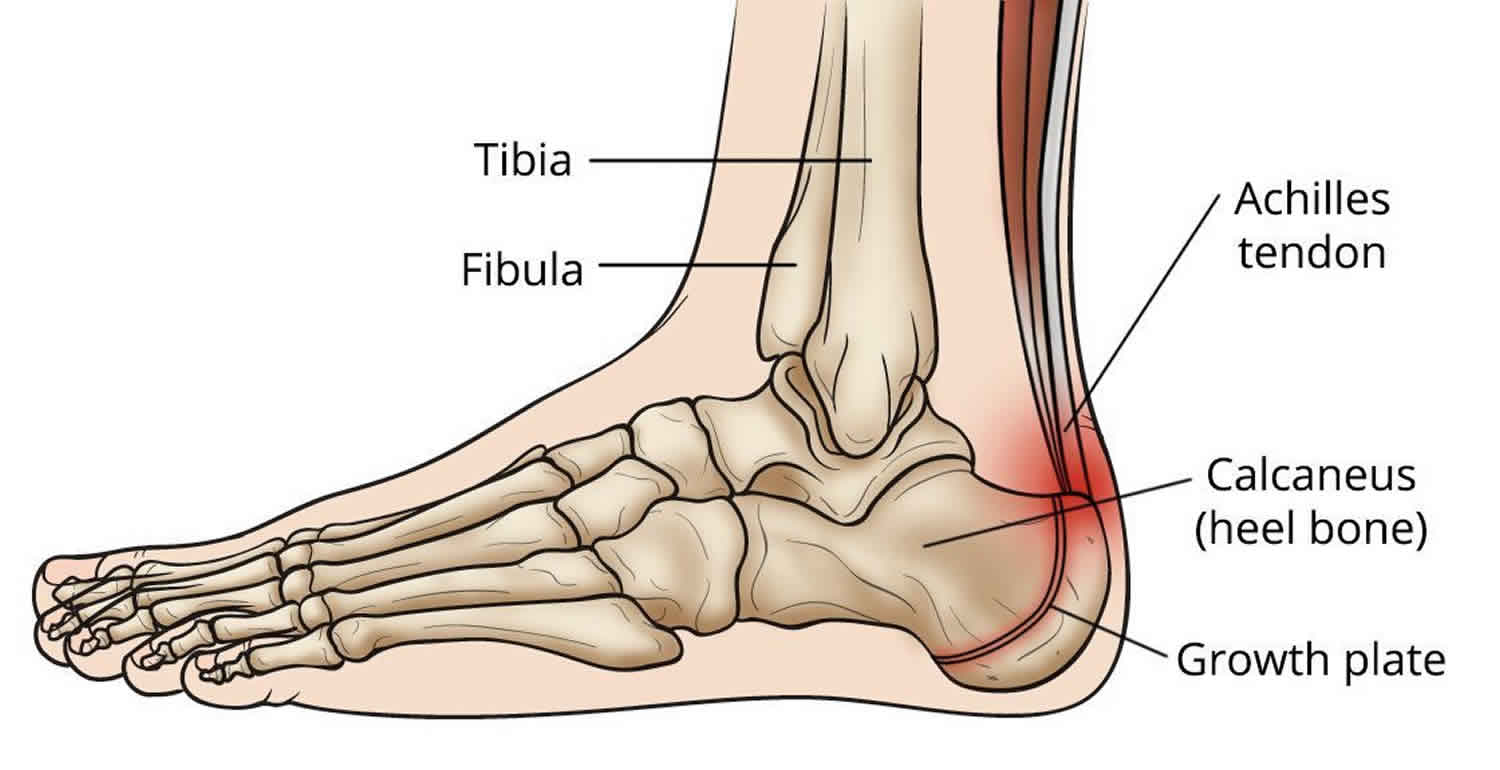Try heel lifts or heel cups in sports shoes especially cleats.
Heel lifts for sever s disease.
Try arch support in cleats if flat feet contribute to the problem.
Tuli s heavy duty heel cups 2 pairs green pro heel cup shock absorption and cushion inserts for plantar fasciitis sever s disease and heel pain relief small 4 4 out of 5 stars 48 24 99 24.
Orthotics or gel heel lifts place the foot and ankle in more plantar flexion decreasing the pull of the achilles on the calcaneal apophysis.
The use of a brace for sever s disease can help when it comes to lessening the pain increasing activity and speed up healing.
Sever s disease also known as calcaneal apophysitis is a dysfunction that occurs when the growth plate that is the growing part of the heel is affected by inflammation ultimately resulting in pain and discomfort sensed in parts of the lower body due to its nature this disorder most frequently affects children between the ages of 8 and 15 years and especially those who wade in.
Take it one step at a time.
A common treatment for sever s disease is to use a heel cup or foot orthotic.
Sever first reported calcaneal apophysitis in 1912 as an inflammation of the apophysis causing discomfort to the heel mild swelling and difficulty walking in growing children 1.
There are several causes of heel pain in the young athletic population with the most common being calcaneal apophysitis also referred to as sever s disease.
This growth spurt can begin anytime between the ages of 8 to 13 for girls and 10 to 15 for boys.
The pain is located in the heel or the achilles tendon region and will limit activity and play in most kids.
Sever s disease is a common injury in adolescents and kids as they start to mature.
Sever s disease usually goes away when the growth plate apophysis matures which should be by age 12 to 13 years in.
Mild symptoms wear a 3 8 heel lift at all times not just during physical activity it is important to use a firm lift and not a soft heel pad.
Several studies have recommended this treatment 1 2 5 6 but most studies combine a heel cup with other treatments.
The pain can be on the back or bottom of the heel.
Gradually resume running and impact activities as symptoms allow.
Sever s disease is a common cause of heel pain in physically active growing kids.
It usually occurs during the growth spurt of adolescence the approximately 2 year period in early puberty when kids grow most rapidly.
Other symptoms include limping heel pain worse with activity heel pain with pulling the foot up pain when heel is squeezed from the sides and excessive walking on toes.

